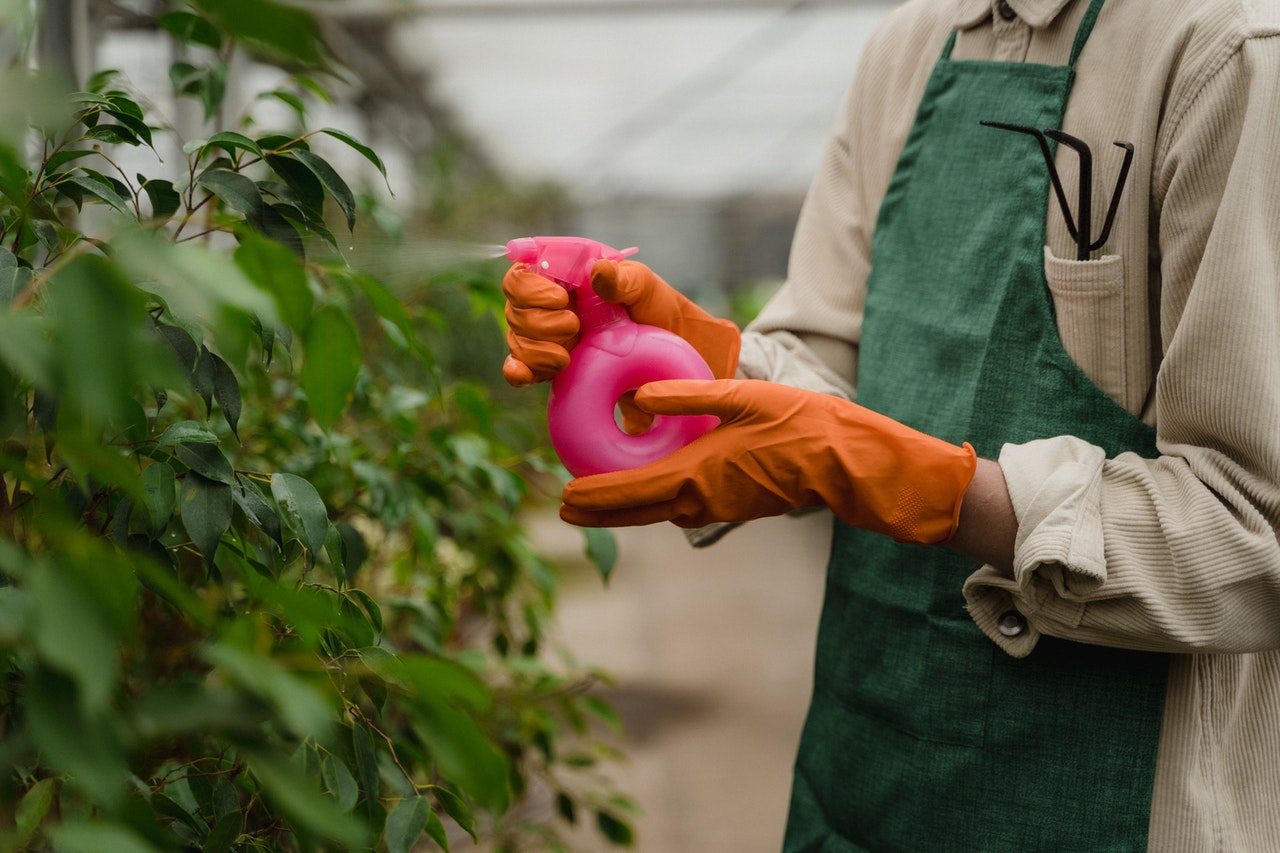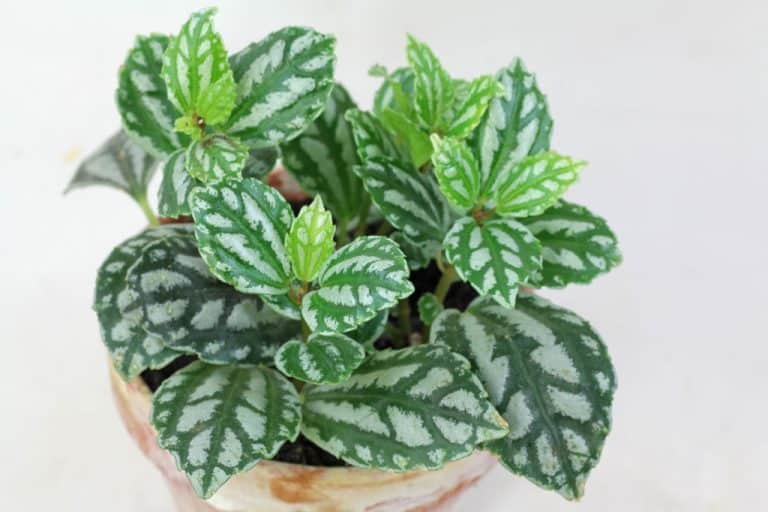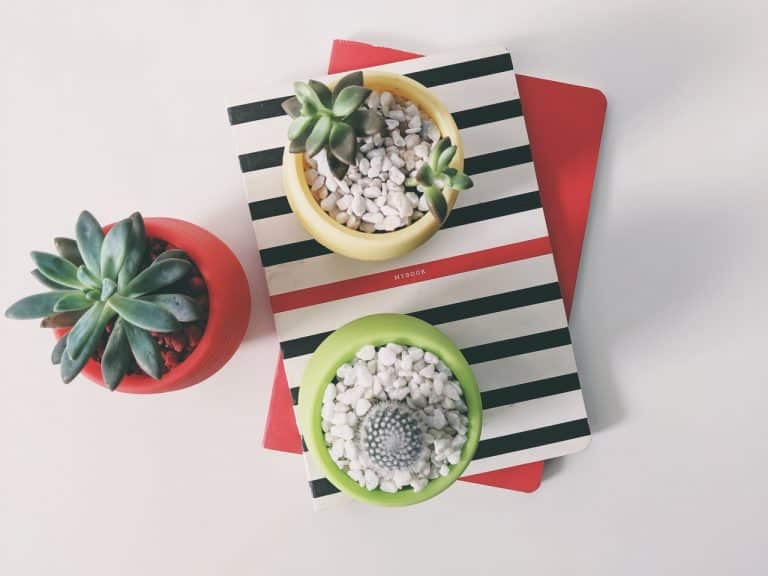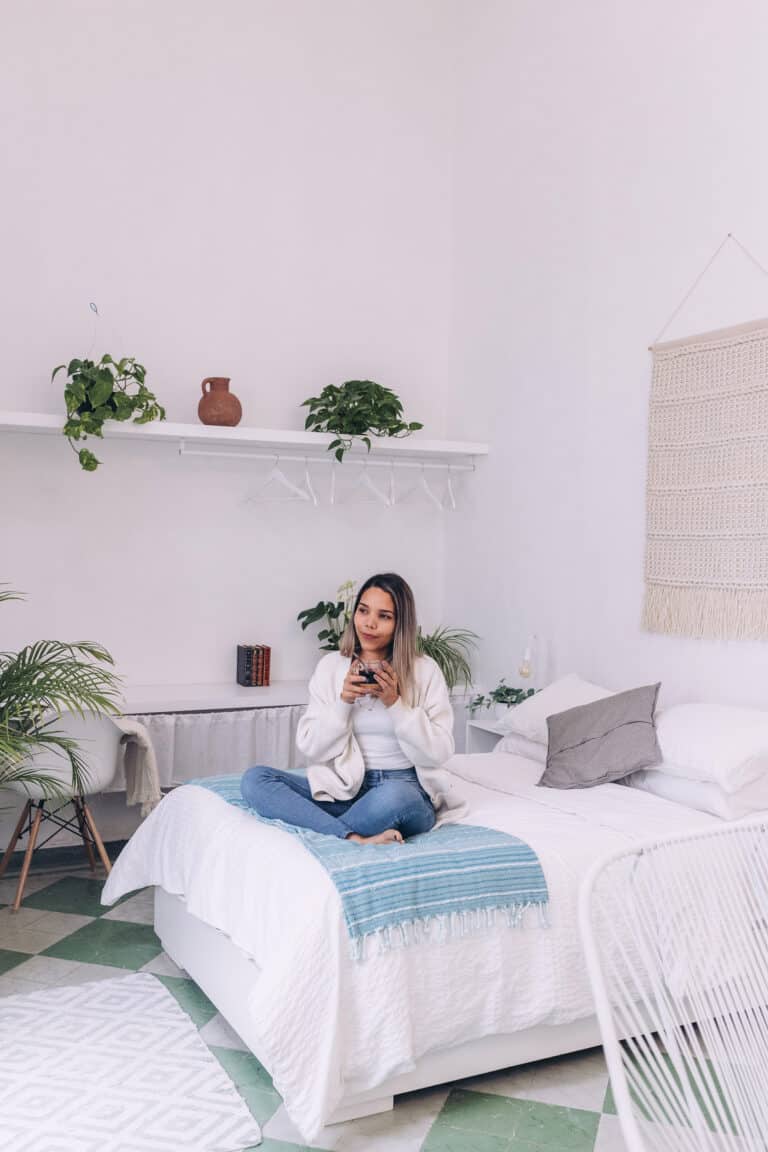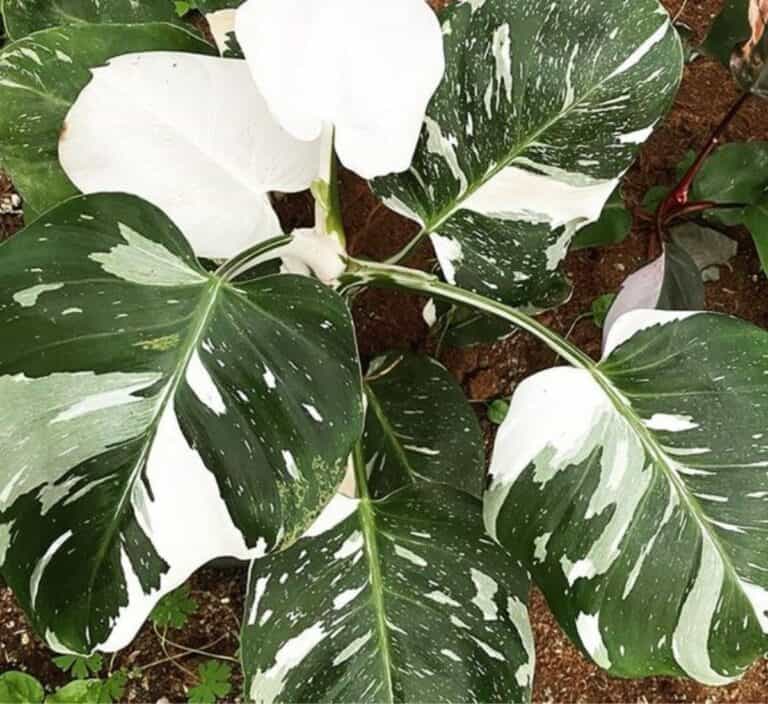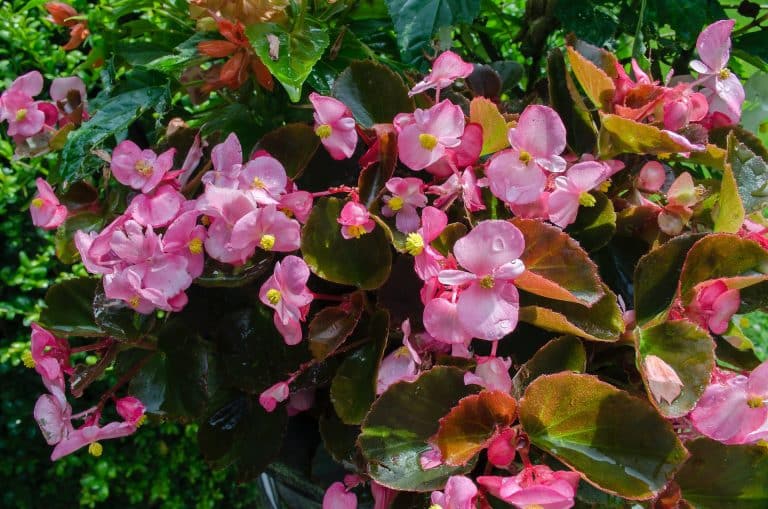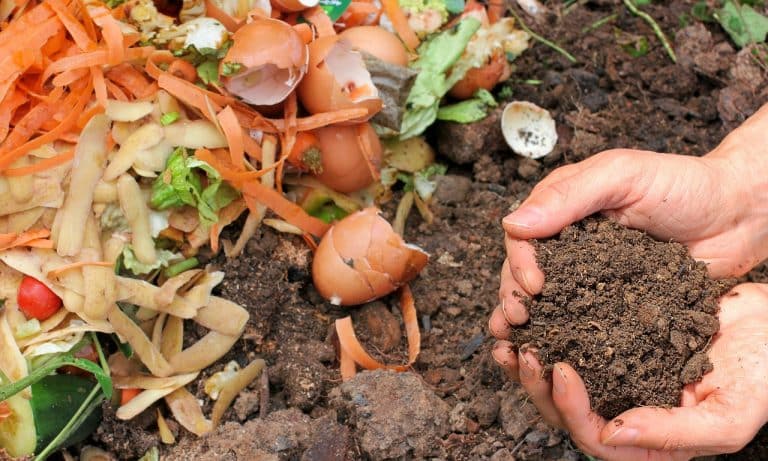The Best Systemic Insecticide For Houseplants
There are several ways to control insects in your houseplants. One way is to make a mixture of one part dish soap and two parts water.
Spray this mixture on your plants once a week to help control aphids, whiteflies, and other pests.
Another way to control insects is to use horticultural oil or neem oil. These oils work by suffocating the insects and preventing them from being able to breathe.
Spray your plants with this mixture once a week, or as needed, to help control pests.
You can also try using diatomaceous earth to control pests in your houseplants. This powder is made from the fossilized remains of algae and works by puncturing the exoskeletons of insects, causing them to dehydrate and die.
Sprinkle this powder around the base of your plants, or on top of the soil, to help control insects.
Finally, you can also try using beneficial insects to control pests in your houseplants. Beneficial insects include ladybugs, green lacewings, and parasitic wasps.
These insects will help to control pests by eating them. You can purchase beneficial insects from your local garden center or online.
Systemic Control Of Insects In Houseplants
Systemic insecticides are chemicals that are absorbed by the plant and distributed throughout the tissues.
These insecticides work by killing insects when they feed on the plant. Systemic insecticides are available in both granular and liquid forms.
Granular systemic insecticides are applied to the soil around the plant and taken up by the roots. Liquid systemic insecticides are mixed with water and applied to the leaves of the plant where they are absorbed through the stomata.
Systemic insecticides can be effective at controlling a variety of pests, but they can also be harmful to beneficial insects, so it is important to read the label carefully before using them.
Beneficial nematodes are another option for controlling pests in your houseplants. These tiny worms kill insects when they feed on them. Beneficial nematodes are available for purchase online or at your local garden center.
Best Systemic Insecticide For Houseplants
There is no one “best” systemic insecticide for houseplants, as different products work better for different pests.
However, some popular systemic insecticides for houseplants include imidacloprid, dinotefuran, and acetamiprid.
Always read the label carefully before using any pesticide to make sure it is safe for use on houseplants and that it will be effective against the pests you are trying to control.
Bonide Systemic Houseplant Insect Control
Bonide systemic houseplant insect control is a granular systemic insecticide that is applied to the soil around the plant.
This product contains imidacloprid, which is effective against a variety of pests, including aphids, whiteflies, and spider mites. Bonide systemic houseplant insect control is available at most home and garden stores.
Bonide Systemic Houseplant Insect Control Instructions:
1. Apply the product to the soil around the plant.
2. Water the plant thoroughly after applying the product.
3. Repeat application every two weeks, or as needed.
4. Do not apply this product to plants that are stressed or damaged.
5. Always read the label carefully before using any pesticide.
Bonide Systemic For Thrips Control
If you are looking for a systemic insecticide to control thrips, we recommend Bonide Systemic Insecticide.
This product contains imidacloprid, which is effective against a variety of pests, including thrips. Bonide systemic insecticide is available at most home and garden stores.
Bonide Systemic Insecticide Instructions:
1. Mix the product with water according to the label directions.
2. Apply the mixture to the leaves of the plant, being sure to coat both the top and bottom of the leaves.
3. Repeat application every two weeks, or as needed.
4. Do not apply this product to plants that are stressed or damaged.
5. Always read the label carefully before using any pesticide.
The Side Effect Of Bonide Systemic Houseplant Insect Control
Some potential side effects of Bonide systemic houseplant insect control include harm to beneficial insects, such as bees and ladybugs, and damage to the plant if the product is applied too heavily.
Always read the label carefully before using any pesticide to make sure it is safe for use on houseplants and that it will be effective against the pests you are trying to control.
Natural Control Of Insect In Houseplants
There are a few natural methods you can try to control pests in your houseplants. One option is to introduce beneficial predators, such as ladybugs or green lacewings, into the environment.
You can purchase these insects online or at your local garden center. Another option is to make a homemade insecticide using soap and water.
Simply mix 1 tablespoon of dish soap with 1 quart of water and spray it on the leaves of the plant.
This mixture will kill most soft-bodied insects, such as aphids and whiteflies. However, it is important to test it on a small area of the plant first to make sure it does not damage the leaves.
Finally, you can also try using traps to catch pests. Yellow sticky traps are available for purchase online or at your local garden center. Place these traps near the plant and check them regularly to see what pests are present. You can then take steps to control the population of those pests.

